Advertisement
These 3 changes may be clues to other problems

How your bladder functions every day can tell you a lot about your overall health. How often you urinate during the day and during the night, the color of your urine and whether you can hold it all provide clues to health conditions that don’t involve your urinary system.
Advertisement
Cleveland Clinic is a non-profit academic medical center. Advertising on our site helps support our mission. We do not endorse non-Cleveland Clinic products or services. Policy
“Eighty percent of the causes of bladder problems are related to conditions outside of the bladder,” says urogynecologist Raymond Rackley, MD. These can include problems with the nervous or cardiovascular systems, he says.
So what should you look out for? Any problem that is a departure from your usual habits, says Ob/Gyn Cecile Ferrando, MD, MPH.
Here are three major signs to watch for:
How often you have to urinate is a good indicator of your body’s overall state of hydration. It’s considered normal to have to urinate about six to eight times in a 24-hour period.
If you’re going more often than that, it could simply mean that you may be drinking too much fluid or consuming too much caffeine, which is a diuretic and flushes liquids out of the body.
But frequent urination also can be a sign of several more serious conditions, including a bladder infection, prostate problems, a heart condition, leg swelling, or interstitial cystitis (also called painful bladder syndrome), which is a chronic inflammatory disorder of the bladder.
Frequent urination also can be a symptom of an overactive bladder, a common, easily treated condition that could be caused by several problems, including nerve damage, medications, infections, being overweight and estrogen deficiency.
If you’re a woman, the need to urinate frequently also may be a sign of poorly supported pelvic organs, such as the bladder. This is when the bladder drops into the vaginal opening because of weak pelvic floor muscles, typically following childbirth.
Some people find they need to urinate more frequently at night as they get older. That’s fairly typical, Dr. Rackley says.
“People will have an increase in nighttime voiding as they age,” Dr. Rackley says. “But most people after the age of 60 rarely get up more than twice a night, so more than that can be related to an overall indication of your health.”
If your urine appears pink or reddish ― and you haven’t eaten a lot of beets, blackberries or rhubarb recently ― the color could indicate blood in your urine. This is a serious symptom, one you should see your doctor about as soon as possible.
“Blood in your urine is never, ever normal, and requires immediate medical attention,” Dr. Ferrando says. Bloody urine could be indicative of cancer.
Advertisement
Darker colors such as amber or brown usually indicate dehydration. Increase the amount of fluids that you drink and lay off the caffeine. If your urine remains dark, talk to your doctor.
Incontinence refers to the involuntary loss of urine. There are two main types of urinary incontinence: stress incontinence and urge incontinence.
When a woman leaks urine when coughing, laughing, sneezing or exercising strenuously, it is called stress incontinence and is typically related to a weakness in the urethra. Stress incontinence also is related to being overweight, which puts additional pressure on a woman’s pelvic floor muscles, which support the urinary system. Stress incontinence can be treated with weight loss, pelvic muscle exercises or a small surgery.
Women who feel an overwhelming urgency to urinate and leak urine before reaching the toilet may have urge incontinence. This is a condition related to overactive bladder in which the bladder muscle begins to squeeze prematurely.
It can be treated with bladder retraining, medications, botulinum toxin injections that paralyze part of the bladder muscle, or a pacemaker-like device implanted under the skin that affects the nerves that control the bladder.
Learn more about our editorial process.
Advertisement

Despite unhealthy side effects, 40% of adult Americans still pee in pools

Eliminating certain items, like soda and citrus, can help relieve your bladder discomfort

A bladder infection is definitely a UTI ... but not all UTIs are bladder infections
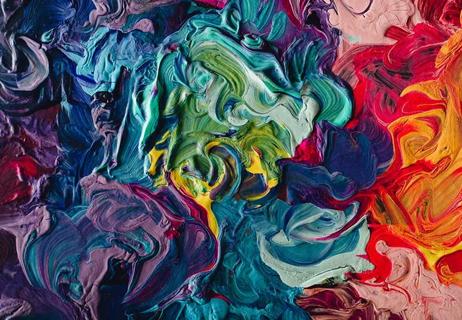
Not all rainbows have gold at the end — the ones our bodies produce offer insight into our health
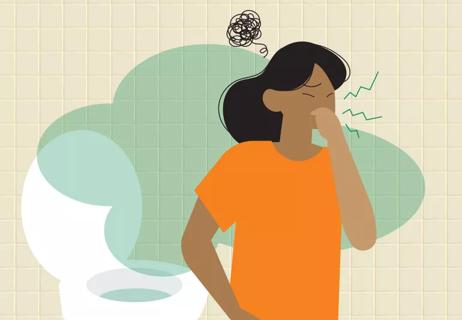
Pee is usually odorless; if it’s stinky, your diet is the likely culprit
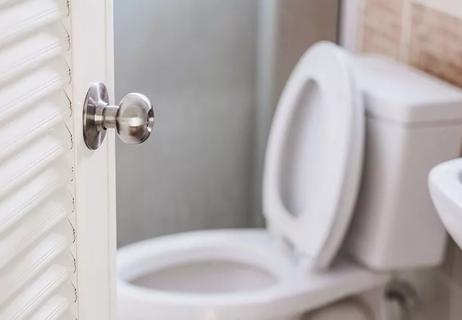
Learn what’s normal and what’s not in this short answer from a urologist
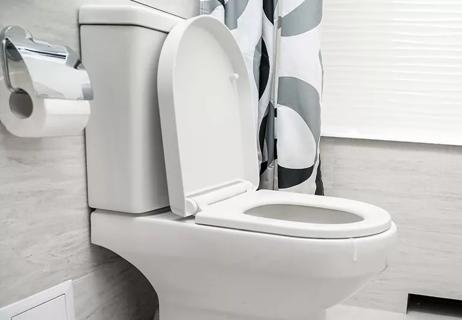
It’s completely normal for the color of your urine to vary a little day by day, but it should stay within a certain range of yellow
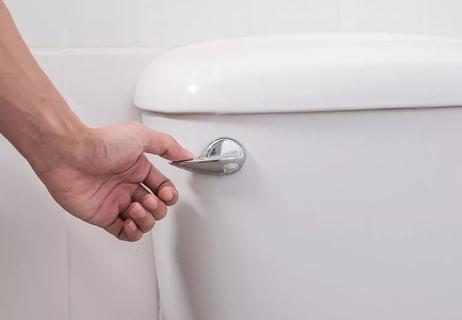
The short answer from a urologist

Focus on your body’s metabolic set point by eating healthy foods, making exercise a part of your routine and reducing stress

PFAS chemicals may make life easier — but they aren’t always so easy on the human body

While there’s little risk in trying this hair care treatment, there isn’t much science to back up the claims